The Dangote Petroleum Refinery has temporarily suspended the sale of petroleum products in naira, signaling potential fuel price hikes. This decision follows stalled negotiations between the $20 billion Lekki-based refinery and the Nigerian National Petroleum Company Limited (NNPCL) over the naira-for-crude deal.
Fuel Prices Climb as Dangote Ceases Naira Sales
Following the refinery’s announcement on Wednesday, the cost of loading petrol at private depots in Lagos surged to N900 per liter, up from less than N850 per liter earlier. Industry experts and marketers warn that this shift could intensify pressure on the foreign exchange market, as businesses will now require substantial amounts of U.S. dollars to purchase petroleum products.
NNPCL’s Forward Sales and Crude Supply Challenges
Sources familiar with the situation blame the breakdown of negotiations on NNPCL’s extensive forward sales of crude oil. The national oil company has reportedly committed large volumes of future crude production to secure loans from international financial institutions, limiting its ability to supply crude to local refiners.
In a statement, the Dangote Group clarified that the suspension of naira transactions is temporary.
“We wish to inform you that the Dangote Petroleum Refinery has temporarily halted the sale of petroleum products in naira. This decision is necessary to avoid a mismatch between our sales proceeds and our crude oil purchase obligations, which are currently denominated in U.S. dollars,” the statement read.
The company refuted claims of fraud-related disruptions, emphasizing that its systems remain robust. It assured that sales in naira would resume once crude allocations from NNPCL in local currency are received.
The Reality of Forward Crude Sales
An industry marketer, speaking anonymously, highlighted the underlying issue:
“Nigeria relies on crude oil sales for over 90% of its foreign exchange earnings. With production averaging around 1.6 million barrels per day and much of it pre-sold to address financial constraints, sustaining a naira-for-crude arrangement seems highly uncertain.”
The marketer suggested that the breakdown of negotiations reflects an unwillingness from either party to compromise.
NNPCL’s Position on Crude Supply
NNPCL spokesperson Olufemi Soneye neither confirmed nor denied reports that the company was halting the naira-for-crude agreement. However, discussions between Dangote Refinery and NNPCL’s Technical Sub-Committee reportedly collapsed due to inadequate crude supply.
Soneye reaffirmed NNPCL’s commitment to supplying crude for local refining but only under mutually agreed terms.
“We remain committed to supplying crude for local refining based on agreed conditions. The Nigerian Upstream Petroleum Regulatory Commission (NUPRC) has disclosed that local refineries collectively produce less than 50% of our national consumption,” he stated.
Marketers Fear Rising Forex Pressure and Fuel Prices
With Dangote Refinery suspending naira sales, independent petroleum marketers fear increased pressure on the naira. Hammed Fashola, National Vice President of the Independent Petroleum Marketers Association of Nigeria (IPMAN), warned that the exchange rate and crude prices would now dictate fuel costs.
“The landing cost of petrol was recently around N774.82 per liter. If that remains stable, Dangote’s decision might not immediately affect prices. However, if marketers rush to buy dollars for fuel purchases, the naira could depreciate again,” Fashola said.
He urged the government to maintain the naira-for-crude arrangement to stabilize fuel prices, pointing out that private depot owners had already raised their prices in response to Dangote’s announcement.
The Push to Sustain the Naira-for-Crude Deal
Billy Gillis-Harry, National President of the Petroleum Products Retail Outlet Owners Association of Nigeria (PETROAN), echoed concerns over rising fuel costs.
“The suspension of naira transactions will inevitably increase fuel prices. However, the Federal Government has not officially canceled the deal. At a meeting with stakeholders, we emphasized the importance of continuing the arrangement,” he said.
He suggested that Dangote’s decision might be speculative, urging the government to clarify its stance.
Monopolistic Concerns and Government Intervention
The naira-for-crude deal previously enabled Dangote Refinery to lower fuel prices, compelling NNPCL to follow suit despite profit margins being affected. Industry observers speculate that discontinuing the deal could be a strategic move to reduce Dangote’s influence in the sector.
Finance Minister Wale Edun reportedly met with Aliko Dangote on Tuesday, discussing the challenges of sustaining the agreement.
Domestic Refiners Express Frustration
Local crude refiners believe that halting naira-based crude supply is a ploy to frustrate Dangote Refinery and reinstate full reliance on fuel imports.
Eche Idoko, spokesperson for the Crude Oil Refinery Owners Association of Nigeria, criticized the government’s approach, arguing that it undermines energy security efforts.
“This move will push us back into full-scale fuel imports, worsening the naira’s depreciation and driving up petrol prices. Many see this as an attempt to curb Dangote’s influence rather than benefiting Nigerians,” he said.
The Looming Fuel Price Surge
Chinedu Ukadike, National PRO of IPMAN, warned that the shift to dollar-based transactions would inevitably raise pump prices.
“Dangote has been under immense pressure to source dollars for crude purchases. Now, marketers will have to buy in dollars too. Price hikes are unavoidable,” he said, urging President Bola Tinubu to intervene.
Already, depot owners have raised the cost of petrol.
Private Depots Raise Prices
Several private depots, including Bovas, Aipec, Menj, and Integrated, have halted petrol sales. Others have significantly increased their prices.
- Chipet Depot raised prices from N835 to N900 per liter.
- Rainoil Depot increased from N830 to N835 per liter.
- Wosbab, Pinnacle, MRS Tincan, and Nipco adjusted their rates to N835 per liter.
Industry expert Olatide Jeremiah predicted further increases if a resolution is not reached soon.
“If NNPCL and Dangote Refinery fail to reach an agreement within 48 hours, fuel pump prices could hit N1,000 per liter,” he warned, calling for regulatory intervention.
The Road Ahead
The fuel market remains on edge as stakeholders await government intervention. If a consensus is not reached, Nigeria could face another round of fuel price hikes, increased forex pressure, and economic strain on consumers.

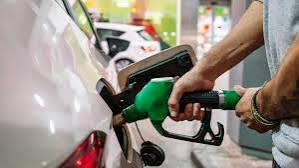
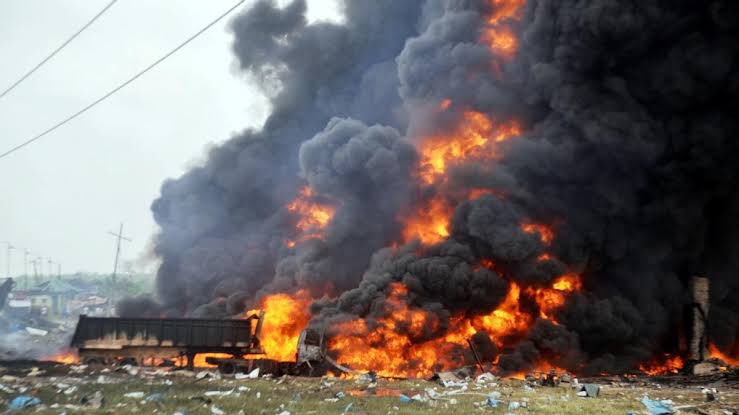
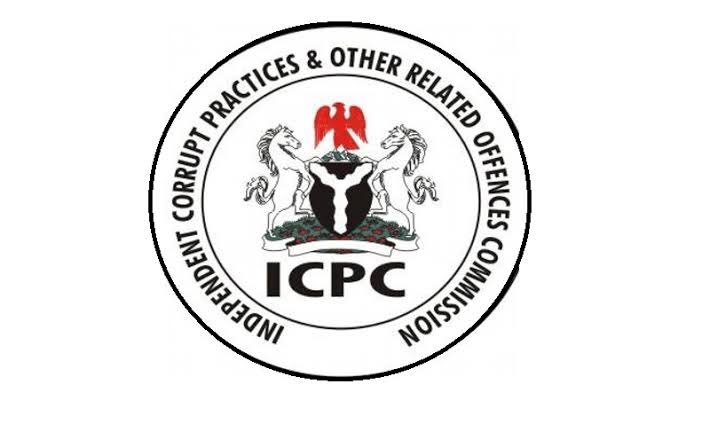
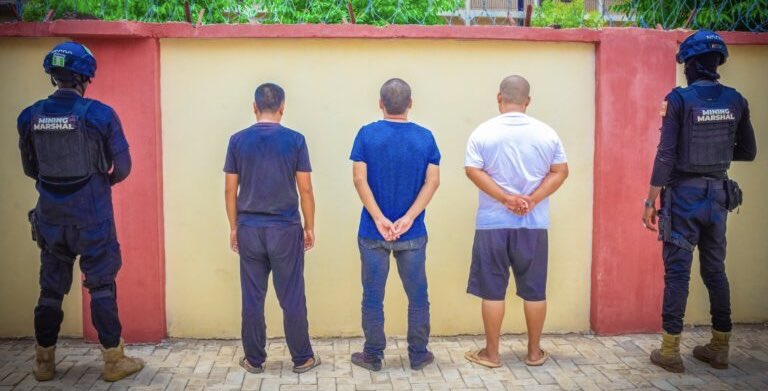
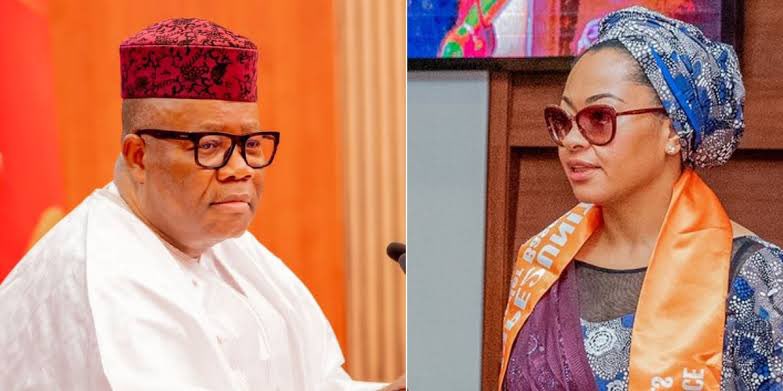
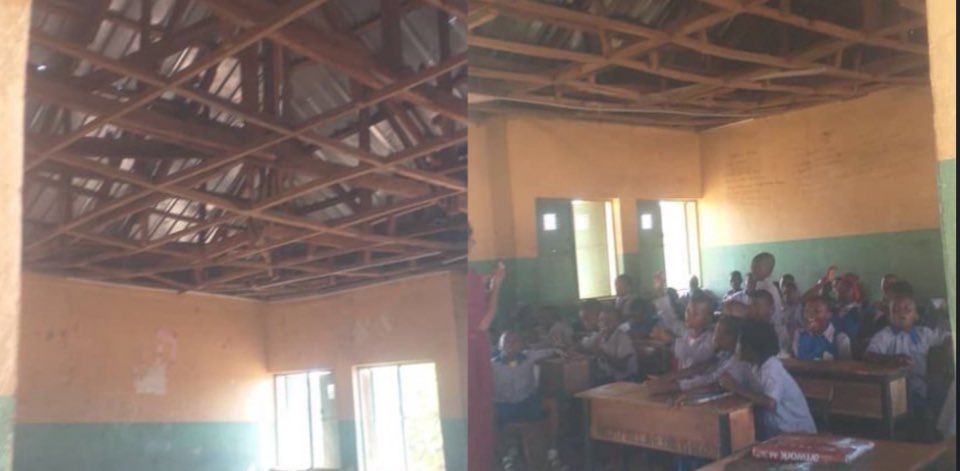

Leave a Reply